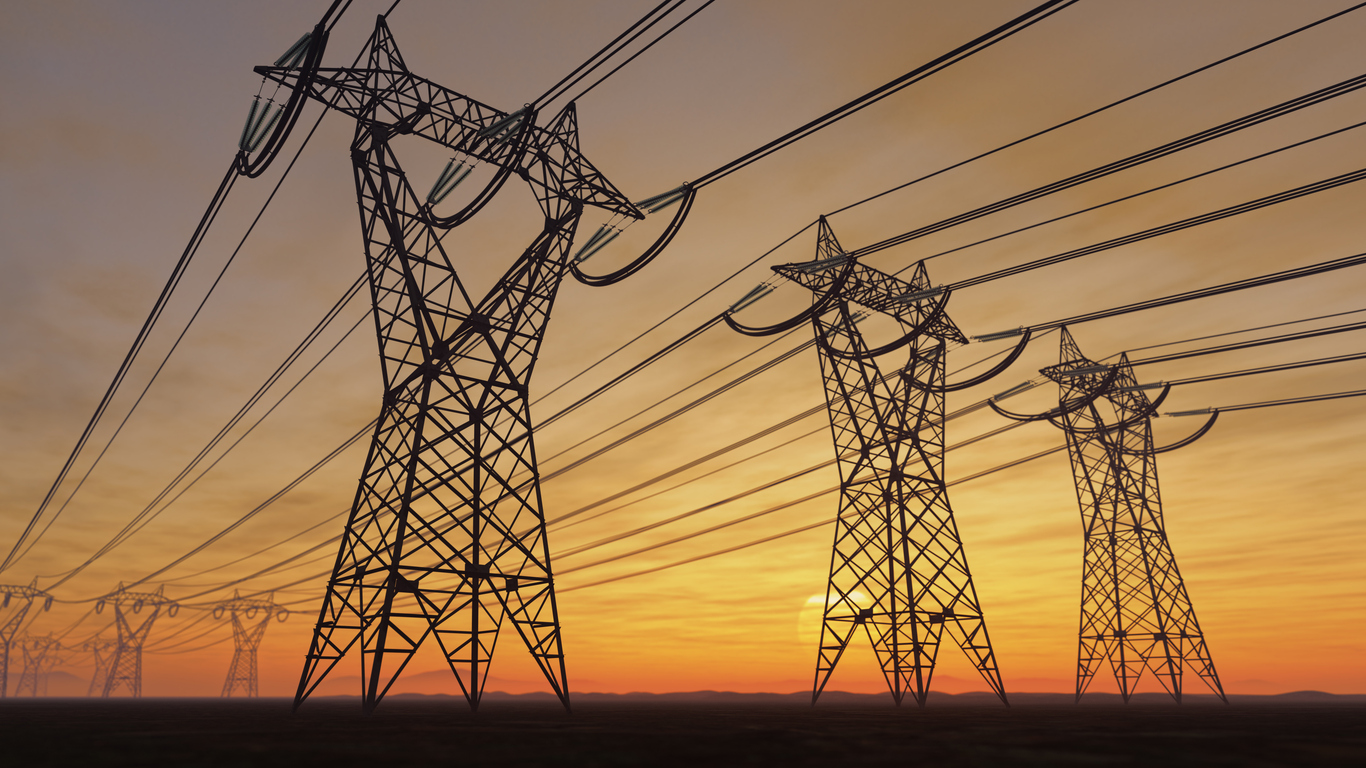As much of Westminster gets up in arms about fish, the major change in Starmer’s EU deal is going under the radar. The deal, announced yesterday, commits Britain and the EU to exploring Britain’s participation in Europe’s energy market. If we go forward with this, it effectively gives up our energy policy to Brussels.
It’s a stark giveaway given that on the same morning the Office for National Statistics (ONS) published an analysis on ‘The impact of higher energy costs on UK businesses’. That impact is quite remarkable. Output from energy intensive industries has fallen rapidly since the beginning of 2021 when energy prices began to skyrocket. Paper manufacturing down 29 per cent, petrochemicals down 31 per cent, ‘inorganic non-metallic’ products down 31 per cent and basic metals and casting down by nearly half of its 2021 output in terms of volume.
The result is that whilst in the last ten years, manufacturing output is up 5 per cent, for energy intensive industries it’s down nearly 39 per cent as the below graph shows. Britain is of course a service economy, but it would certainly be nice to think we were still capable of producing at least some physical things.
The reasons for this fall in industrial output are simple: the staggering prices Britain is paying for industrial energy relative to our peers. As the ONS confirms, in 2023, the UK had the highest costs for industrial users of energy out of the 24 countries in the International Energy Association (IEA). The IEA accounts for three quarters of global energy demand. In the words of the ONS: ‘Electricity prices for UK industrial users were almost 50 per cent higher than in France and Germany and four times higher than the United States and Canada.’ And over the last decade UK industrial electricity prices have ranged from 17 per cent to 49 per cent above the average of the IEA’s 24 member countries.
Should Britain, and its government, wish to become serious about rebuilding or even having our own industrial strategy it would have to invest in nuclear, drop the net zero zealotry, and milk fossil fuels until the very last drop to bring these costs down. Instead, we seek a deal that may hand many of those powers to Brussels.
The bulk of what Europe is seeking on energy policy alignment is syncing up regulation – meaning Britain will align with EU energy regulations and likely accept the rule of the European Court of Justice. That includes the UK effectively re-entering the EU’s single market for electricity – making energy trade smoother and potentially cheaper but at the cost of sovereign control.
There are trade-offs too. Rejoining a joint carbon market would help stabilise the UK’s benchmark carbon price, which jumped 6 per cent on news of the deal –raising costs for industry and delighting no one but green zealots. Though because UK carbon prices are still lower than Europe’s, the government argues that harmonising them could save up to £800 million by avoiding the EU’s incoming carbon border tax. But the flip side is a loss of flexibility: Britain would have to mirror EU carbon pricing mechanisms, limiting its ability to adjust policy to suit domestic needs – whether that means easing costs for industry or rethinking net zero. And now, it seems, we’ve agreed to pay for the privilege of pushing prices up to avoid what is a tariff.
In short, Britain is trading strategic control for short-term stability and cost relief. Whether that turns out to be a smart energy decision or a dangerous dependency will only become clear once Brussels starts to set the thermostat.








Comments